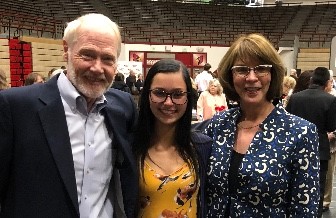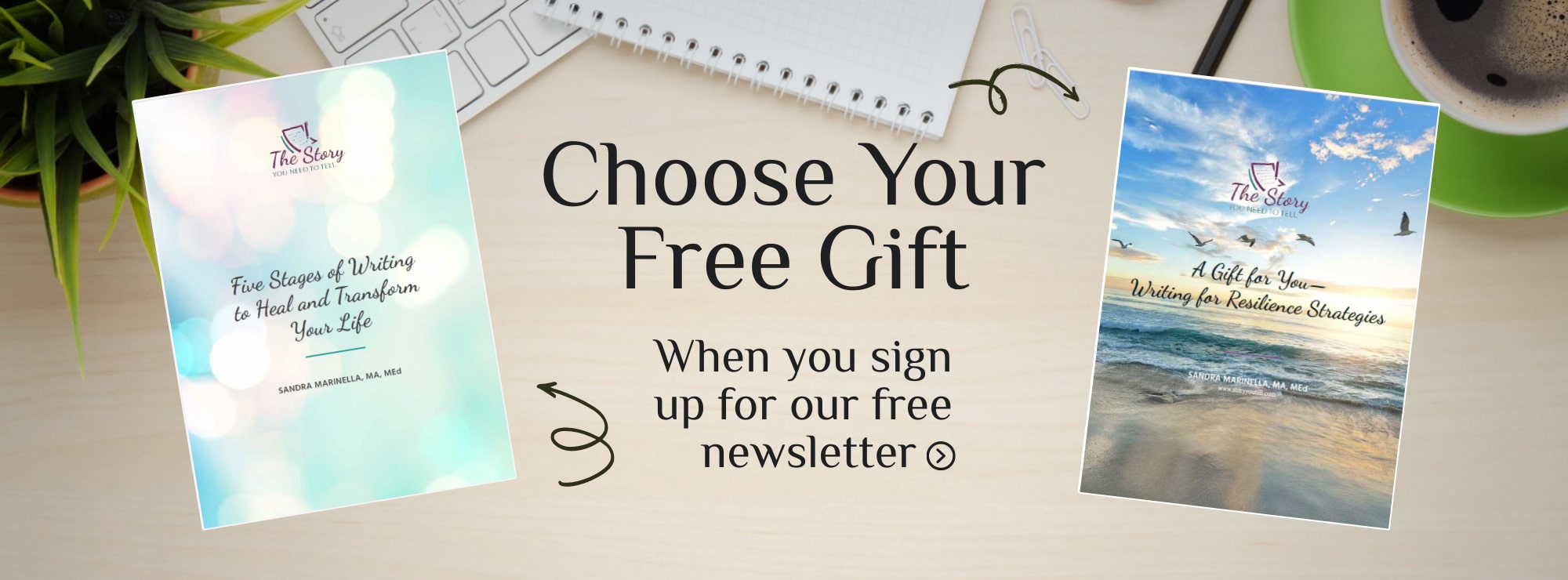Tiny Dancer
When I packed, I rediscovered a simple silver dragonfly. I bought it for my mom shortly before she died. When I tried to give it to her last February, she insisted I keep it. She knew we were both facing transitions. Changes. I knew she was preparing to die, and I was struggling to accept it. I decided to wear the necklace on my trip.
In California I became a student again. This time Julia Cameron was my teacher at a workshop. I am rereading and studying her classic, The Artist’s Way. While Julia proved to be an unconventional creativity guru, her advice struck me as completely conventional. She gave homework and reminded my class to do something creative and interesting every week. “Do it alone,” she insisted. “Call it your artist’s date.” I heard moans come from other students in the room.
But I didn’t moan. A prickle ran up my spine. I like to be alone. I have just forgotten this because I love being with people, too. It has been a life-long dilemma. I write alone. But I teach workshops to ten or sometimes two hundred people. I practice my spirituality alone. For three decades I drove eleven miles, five days a week to teach 150 high-energy high schoolers, but many nights I sat up alone, grading their words, their honest attempts to discover who they were.
Yesterday I went hiking alone. My first “artist’s date.” No, I did not take on the Pacific Crest Trail. But I took a short hike in Scotts Valley near Santa Cruz—and it opened up my head. Midway through my tromp among the pine and redwood trees, I sat down on a flat rock and looked up in wonder at the threads of sunlight shooting through the branches of this natural cathedral. I was thinking of how I love to walk and how sad it was for my mother when she could no longer take her own walks—for my mom loved to walk, too.
Then I saw this flash of red. She hovered near me like a tiny toy helicopter. A brilliant red dragonfly. Like a graceful dancer she spun close to me for a long moment as if she had come to tell me something. Then she flew backwards like a hummingbird but returned to hover over me. Directly over me. I watched her wings spin and marveled at her red belly. I had never seen a red dragonfly and she was—well stunning. Then she darted down close to my face before unexpectedly shooting forward into her future and my memory.
It was late last night when I remembered the ruby red dragonfly. I dug deep into my bookbag to find my journal. “Dragonflies,” I wrote. “They stand for changes—and wisdom.” I twirled my pen in imitation of this wonder bug. They can and do fly in six directions at a speed of up to 45 MPH—and they do this with the agility and confidence that that come of age and maturity. I admitted to myself that I am aging, and that since mom’s death, life seems to be passing too quickly. Then I touched the silver dragonfly on my neck and the glimmer I was seeking shot right through me. “While life may seem fleeting,” I wrote, “it can still be lovely and graceful.” Then I realized Mom left me with the knowledge that aging comes with the possibility of wisdom and a deeper understanding of how to navigate the ending with poise and confidence. I thanked the universe for this moment. I can embrace it and try to move forward with the grace of the tiny red dancer I met in the woods.


